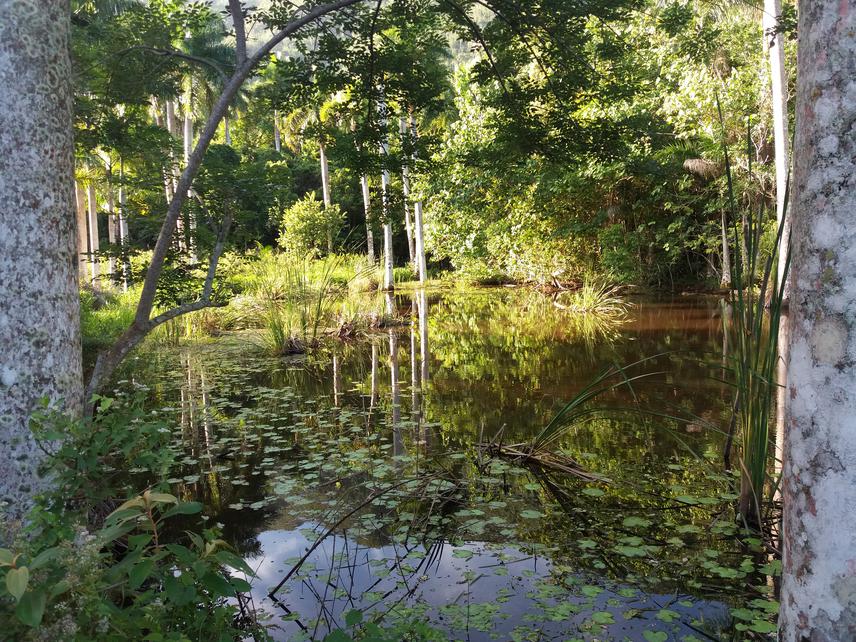Albert Deler-Hernández
We will provide genetic data that will be used to rank taxa, habitat types and locations for their relative endangered status and conservation priority. Links with local communities will be established.

Due to high diversity, high degree of local endemism and specific ecological requirements, aquatic beetles (Coleoptera) represent excellent candidates for establishing conservation priorities in threatened tropical ecosystems and assessing aquatic ecosystem health. Very little is known about the origin, diversity and biogeography of less apparent groups (e.g., invertebrates, insects, or the freshwater fauna in general) of Cuba. The absence of detailed data about freshwater groups is especially acute. Among the aquatic beetles of Cuba, the species inhabiting upland forest streams represent the best model group for evaluating the effects of geological history, climate change and human activities and may be among their most threatened communities on the island. Moreover, preliminary studies indicate that cryptic and possibly endemic species may be present in what we today consider to be widespread species inhabiting multiple islands or extending to continental areas.
The origin of the stream-inhabiting beetle fauna in the Greater Antilles as a whole also remains unclear. We expect that our data will be applicable for understanding the evolution of stream ecosystems in the Greater Antilles, and as a proxy for evaluating the threats and conservation priorities for the invertebrate faunas of these ecosystems in Cuba. Local communities will be involved in an educational capacity, demonstrating the importance of data on species presence in conservation strategies and the importance of local community participation in conservation success. We will analyse the genetic diversity and population structure of the stream-inhabiting aquatic beetles of the Cuba, the origin of stream-inhabiting species, and the endemism of stream-inhabiting beetles of Cuba.